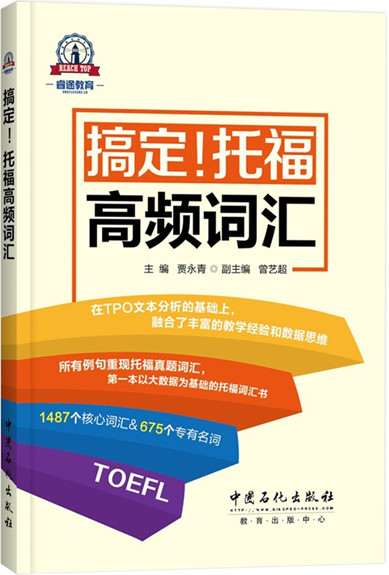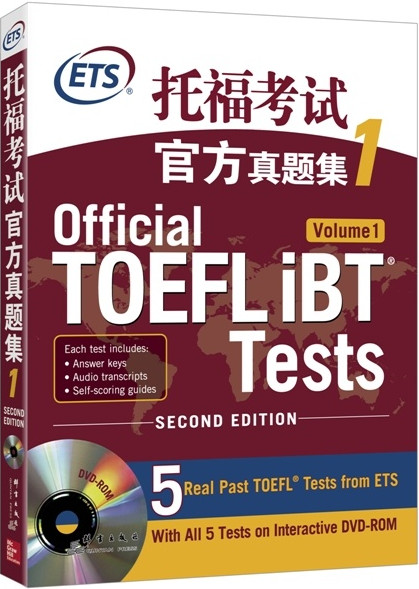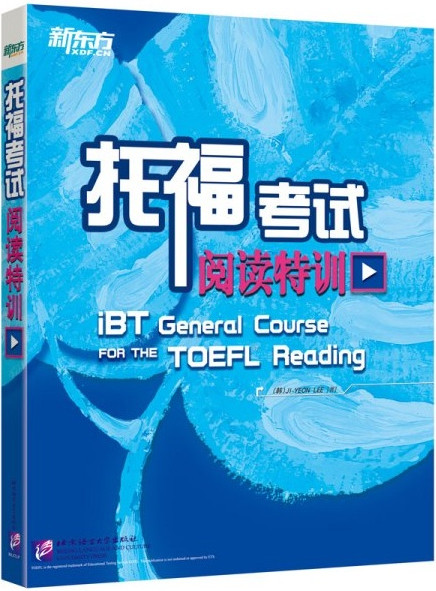A survey is a study, generally in the form of an interview or a questionnaire that provides information concerning how people think and act. In the United States, the best-known surveys are the Gallup poll and the Harris poll. As anyone who watches the news during presidential campaigns knows, these polls have become an important part of political life in the United States.
North Americans are familiar with the many person-on-the-street interviews on local television news shows. While such interviews can be highly entertaining, they are not necessarily an accurate indication of public opinion. First, they reflect the opinions of only those people who appear at a certain location. Thus, such samples can be biased in favor of commuters, middle-class shoppers, or factory workers, depending on which area the newspeople select. Second, television interviews tend to attract outgoing people who are willing to appear on the air, while they frighten away others who may feel intimidated by a camera. A survey must be based on a precise, representative sampling if it is to genuinely reflect a broad range of the population.
In preparing to conduct a survey, sociologists must exercise great care in the wording of questions. An effective survey question must be simple and clear enough for people to understand it. It must also be specific enough so that there are no problems in interpreting the results. Even questions that are less structured must be carefully phrased in order to elicit the type of information desired. Surveys can be indispensable sources of information, but only if the sampling is done properly and the questions are worded accurately.
There are two main forms of surveys: the interview and the questionnaire. Each of these forms of survey research has its advantages. An interviewer can obtain a high response rate because people find it more difficult to turn down a personal request for an interview than to throw away a written questionnaire. In addition, an interviewer can go beyond written questions and probe for a subject's underlying feelings and reasons. However, questionnaires have the advantage of being cheaper and more consistent.
1. What does the passage mainly discuss?
(A) The history of surveys in North America
(B) The principles of conducting surveys
(C) Problems associated with interpreting surveys
(D) The importance of polls in American political life
2. The word "they" in line 8 refers to
(A) North Americans
(B) news shows
(C) interviews
(D) opinions
3. According to the passage , the main disadvantage of person-on-the-street interviews is that they
(A) are not based on a representative sampling
(B) are used only on television
(C) are not carefully worded
(D) reflect political opinions
4. The word "precise" in line 13 is closest in meaning to
(A) planned
(B) rational
(C) required
(D) accurate
5. According to paragraph 3, which of the following is most important for an effective survey?
(A) A high number of respondents
(B) Carefully worded questions
(C) An interviewer's ability to measure respondents' feelings
(D) A sociologist who is able to interpret the results
- 10-22·2017年托福阅读素材:月球村
- 10-20·2017年托福阅读素材:虚拟现实法治疗抑郁症
- 10-20·2017年托福阅读素材:慢艺术
- 09-16·托福阅读小常识:罗马帝国
- 09-16·托福阅读小常识:考古中的相对年代测定
- 10-202017年托福阅读素材:慢艺术
- 09-16托福阅读小常识:考古中的相对年代测定
- 09-16托福阅读小常识:同位素年龄测定
- 09-062017托福阅读词汇解析(下)
- 09-062017托福阅读词汇解析(上)
编辑推荐
- 模拟试题
- 历年真题





